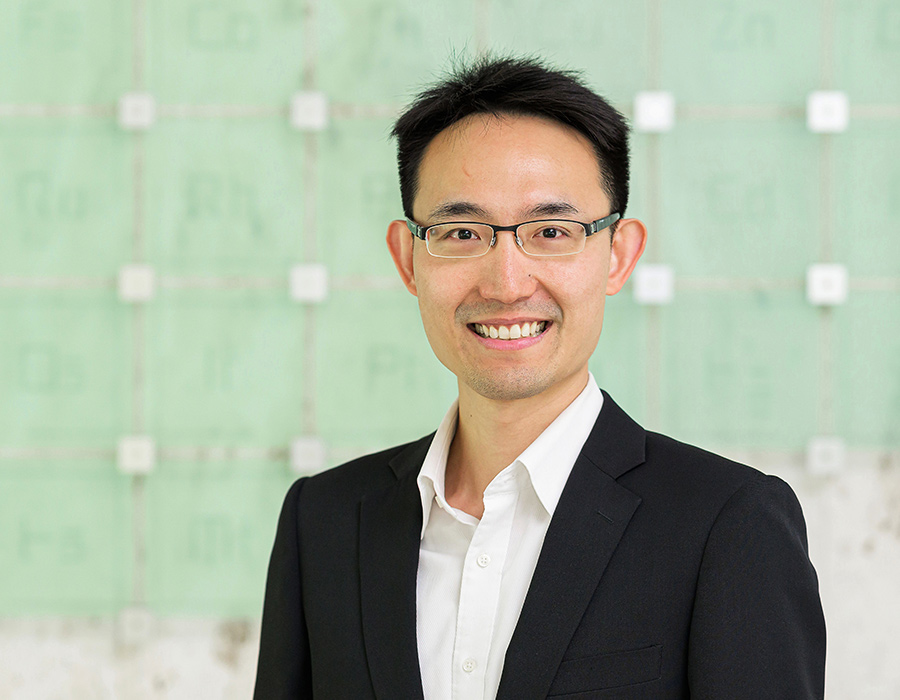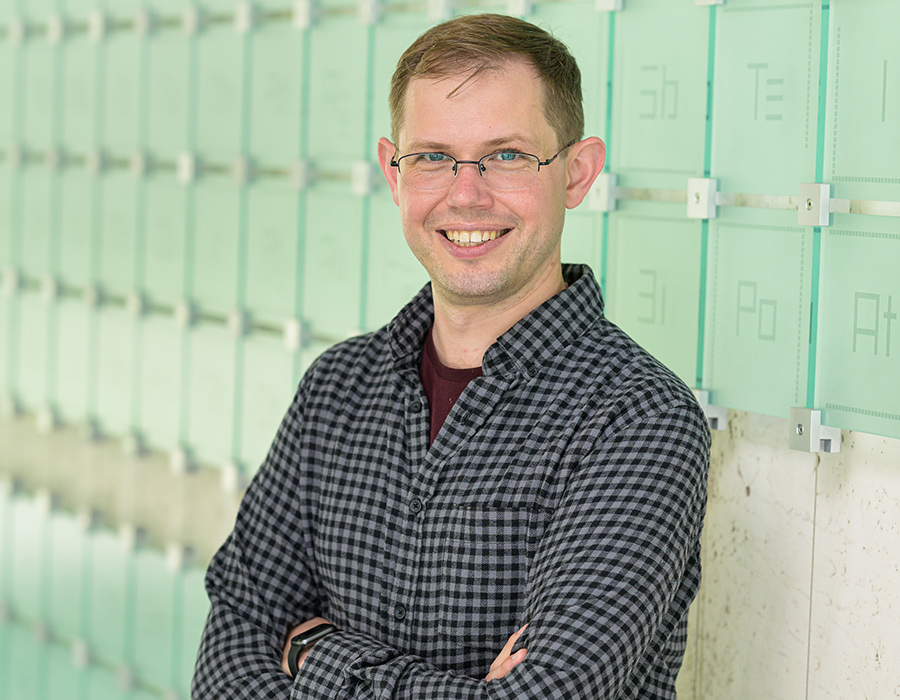Sam Peng named 2024 Beckman Young Investigator
Beckman Young Investigators are promising young faculty members in the early stages of their academic careers in the chemical and life sciences.
Sam Peng (PhD ’14), the Pfizer Inc. – Gerald Laubach Career Development Assistant Professor of Chemistry, and a Core Member of the Broad Institute of MIT and Harvard, has been named a 2024 Beckman Young Investigator by the Arnold and Mabel Beckman Foundation. Peng is one of ten awardees chosen in recognition of their exemplifying the Foundation’s mission of supporting the most promising young faculty members in the early stages of their academic careers in the chemical and life sciences, particularly to foster the invention of methods, instruments, and materials that will open new avenues of research in science. The 2024 Young Investigators were selected from a pool of approximately 300 applicants after a three-part review led by a panel of scientific experts.
“Our newest young researchers are engaged in high risk-high reward work that over the next four years will address a broad range of problems, from creating vaccines that match immunity at the pace of viral mutation to synthesizing ammonia at room temperature and pressure for global fertilizer production to designing tools that detect cell-specific patterns of RNA modification, and more. We are excited to welcome each of these outstanding scientists into the Beckman ‘family,’ to help launch these extremely creative projects, and to see them reach their full potential,” said Dr. Anne Hultgren, Executive Director of the Arnold and Mabel Beckman Foundation.
Located in Irvine, California, the Arnold and Mabel Beckman Foundation supports researchers and nonprofit research institutions in making the next generation of breakthroughs in chemistry and the life sciences. Founded in 1977 by 20th century scientific instrumentation pioneer Dr. Arnold O. Beckman, the Foundation supports United States institutions and young scientists whose creative, high-risk, and interdisciplinary research will lead to innovations and new tools and methods for scientific discovery.
Peng earned his BS in chemistry from the University of California, Berkeley, and his PhD from MIT in physical chemistry. He joined the Department of Chemistry in 2022, where his laboratory develops optical imaging techniques and nanoprobes to enable long-term single-molecule imaging in living systems and reveal molecular interactions that are responsible for human diseases.





